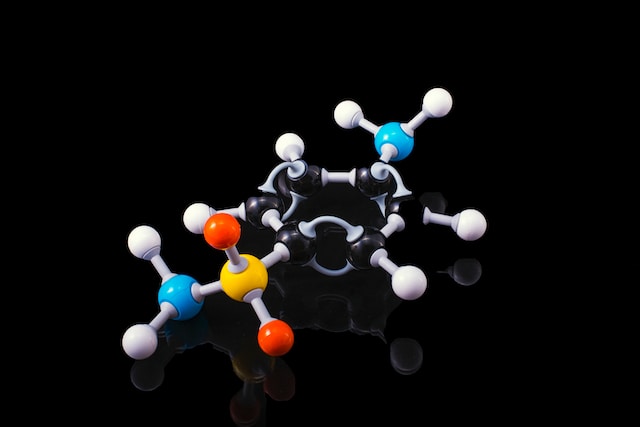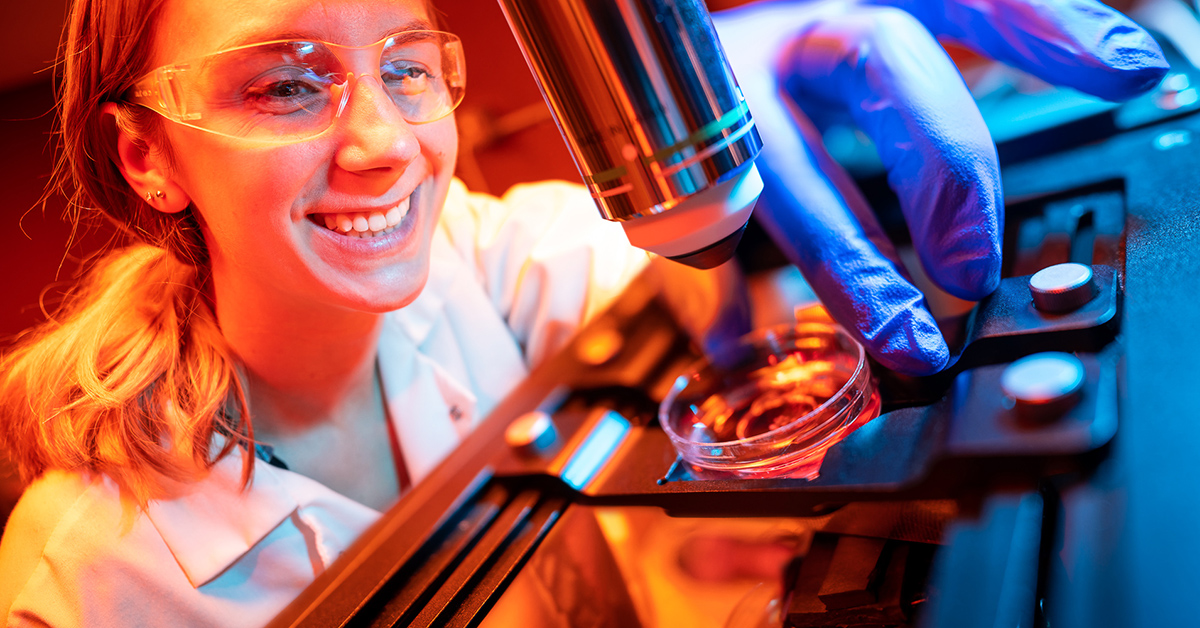Hospitals rely on chlorine-based chemicals and high-concentration bleach to maintain a clean and sterile environment and to prevent the spread of infections, including those caused by superbugs. These substances are effective at killing a wide range of microorganisms, including bacteria, viruses, and fungi.
However, a recent study reveals that one of the main chlorine disinfectants utilized for cleaning hospital attire and surfaces does not effectively eliminate the most prevalent source of antibiotic-associated illnesses in healthcare settings worldwide.
Researchers from the University of Plymouth made a noteworthy observation: even when exposed to high concentrations of bleach commonly utilized in hospitals, the spores of the hazardous superbug Clostridioides difficile remain entirely unaffected.
Clostridioides difficile infection affects people who have been taking antibiotics. It is known to infect millions of people all over the world each year.
Clostridium difficile, commonly known as C diff, is a bacteria naturally present in the human gut. Under normal circumstances, it can coexist harmoniously with other gut bacteria. However, disturbances to the balance of gut flora can create conditions favorable for the overgrowth of C diff, resulting in bowel issues such as diarrhea and colitis. In more severe cases, C diff infections can be life-threatening.
Bleach Fails to Outperform Water!
Surprisingly, the substance did not yield a better outcome compared to washing materials with plain water.
Dr Tina Joshi, Associate Professor in Molecular Microbiology at the University of Plymouth said “With incidence of anti-microbial resistance on the rise, the threat posed by superbugs to human health is increasing. But far from demonstrating that our clinical environments are clean and safe for staff and patients, this study highlights the ability of Clostridioides difficile spores to tolerate disinfection at in-use and recommended active chlorine concentrations”.
“It shows we need disinfectants and guidelines that are fit for purpose and work in line with bacterial evolution, and the research should have a significant impact on current disinfection protocols in the medical field globally.”







